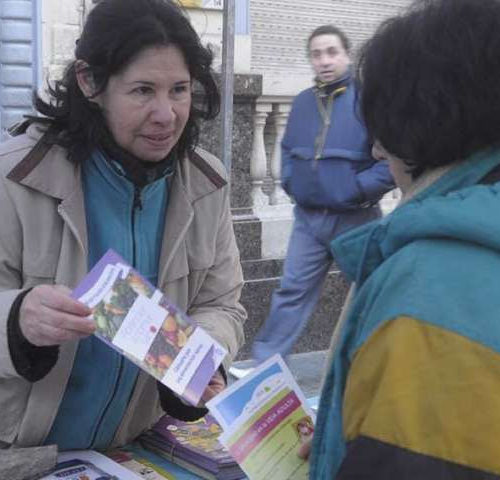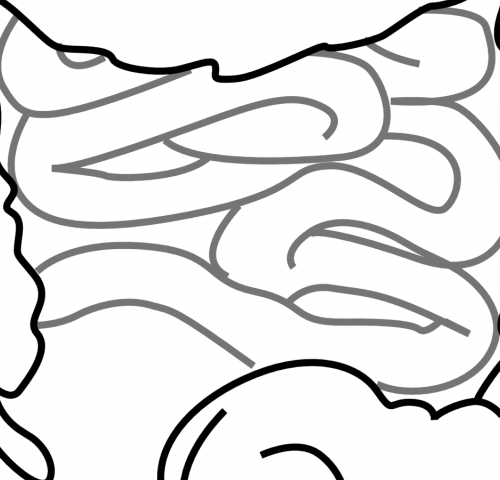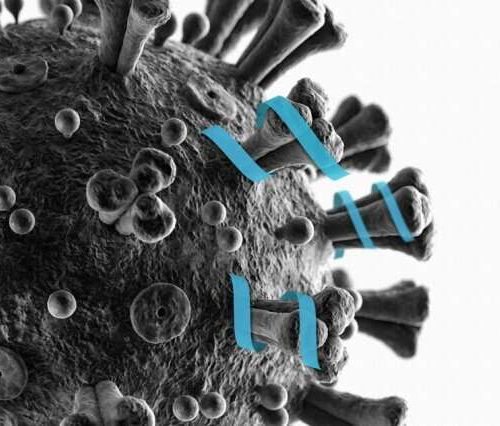An experimental new study has recently tested the efficacy of favipiravir (Avigan) for treating COVID-19. he anti-flu drug favipiravir (Avigan) could combat the new coronavirus, but people should interpret these results with caution. Recently, there has been much media speculation around the Japanese anti-flu drug favipiravir (brand name Avigan) being effective against SARS-CoV-2. This is...
Her Incredible Sense Of Smell Is Helping Scientists Find New Ways To Diagnose Disease
For most of her life, Joy Milne had a superpower that she was totally oblivious to. She simply had no idea she possessed an utterly amazing, slightly terrifying biological gift that scientists would itch to study. In fact, Joy probably would have stayed oblivious if it hadn’t been for her husband, Les Milne. The two...
One-stop test offers instant hepatitis B diagnosis
by Inga Vesper, SciDev.Net Viruses are sneaky beings. As the coronavirus pandemic is demonstrating, they cross borders quickly and can be highly contagious before symptoms of disease break out. In many cases of infection, a clear path of transmission cannot be determined. This is equally true of COVID-19 and hepatitis B, a viral infection that...
Nerve finding unravels mystery about communication between the gut and brain
by Flinders University Scientists at Flinders University have, for the first time, identified a specific type of sensory nerve ending in the gut and how these may ‘talk’ to the spinal cord, communicating pain or discomfort to the brain. This discovery is set to inform the development of new medications to treat problems associated with...
An experimental peptide could block COVID-19
by Anne Trafton, Massachusetts Institute of Technology In hopes of developing a possible treatment for COVID-19, a team of MIT chemists has designed a drug candidate that they believe may block coronaviruses’ ability to enter human cells. The potential drug is a short protein fragment, or peptide, that mimics a protein found on the surface...
COVID-19 found in sputum and feces samples after pharyngeal specimens no longer positive
All coronavirus-related content published in Annals is free AMERICAN COLLEGE OF PHYSICIANS Below please find link(s) to new coronavirus-related content published today in Annals of Internal Medicine. All coronavirus-related content published in Annals of Internal Medicine is free to the public. A complete collection is available at https://annals.org/aim/pages/coronavirus-content. COVID-19 found in sputum and feces samples...
New mechanism underlying organelle communication revealed in brown fat cells
MICHIGAN MEDICINE – UNIVERSITY OF MICHIGAN In recent years, brown fat has garnered increasing attention as the so-called good fat that can protect against obesity and associated health risks, like cardiovascular disease and diabetes. Brown fat is located in small pockets throughout the body and helps maintain body temperature in cold environments. It gets its...
(Re)generation next: Novel strategy to develop scaffolds for joint tissue regeneration
Researchers in Japan develop a novel strategy for tissue regeneration, which is a better alternative to conventional tissue regeneration methods TOKYO UNIVERSITY OF SCIENCE Joint diseases, such as knee osteoarthritis, are common in the elderly population and severely impair their quality of life. Conventional treatments like artificial joint replacements offer temporary relief but come with...
Study helps to identify medications which are safe to use in treatment of COVID-19
KING’S COLLEGE LONDON A recent study has found that there is no evidence for or against the use of non-steroidal anti-inflammatory drugs such as ibuprofen for patients with COVID-19. The study, led by researchers at King’s College London, also found other types of drugs, such as TNF blockers and JAK inhibitors safe to use. 89...
New therapeutic strategies proposed for some lung and kidney cancers
Study shows cancers with high levels of the SLC7A11 gene may respond to glucose transporter inhibitor treatment UNIVERSITY OF TEXAS M. D. ANDERSON CANCER CENTER HOUSTON — New findings from researchers at The University of Texas MD Anderson Cancer Center about how some cancer cells become “addicted” to glucose could open up fresh approaches to...







